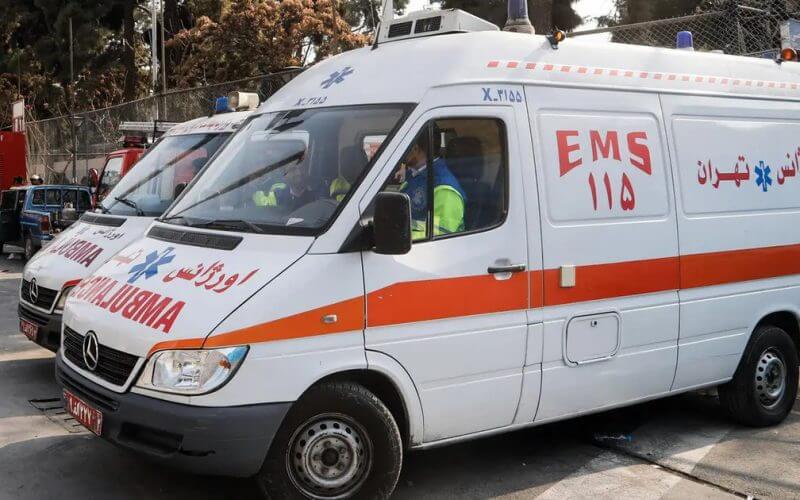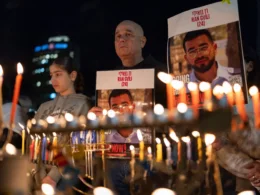The Islamic Republic of Iran's Head of the Emergency Department, Jafar Miaadfar, recently announced new plans for women-only ambulances. The latest efforts by the regime to segregate men and women have resulted in criticism, raising fears about women's health and safety.
Miaadfar's announcement came over the weekend, outlining that there would be new special ambulances for women, with the driver being a man but technicians being women.
Miaadfar noted that the measure was approved by the Supreme Council of Health in a session with Iranian President Ebrahim Raisi, noting that the plan was implemented in several cities and will become operational throughout major metropolitan areas.
According to reports, Nahid Khodakarmi, the former head of the Health Committee of Tehran City Council, warned that the regime's newest plan to separate by gender in the emergency room is "wasting resources, imposing costs and disorder."
Khodakarmi described the latest efforts as "armful, time-consuming, and costly." She added that such actions risk women's access to emergency healthcare.
"Emergency services are not segregated by gender anywhere in the world," Khodakarmi said on Monday.
"I don't know the reason behind emphasizing gender segregation in different areas of the healthcare system gender segregation in the general sense is not possible in the emergency room," she said.
The latest plan by the regime is one of a series of new measures to segregate men and women following the death of 22-year-old Masha Amini at the hands of the Islamic morality police and the protests that resulted in the aftermath.
As protests spread throughout Iran following Amini's death, many Iranian women took off their hijabs in public, sparking brutal repression from the regime's security forces and plainclothes.
Despite the protests cooling off in Iran, Iranian President Ebrahim Raisi and Iranian Supreme Leader Ayatollah Ali Khamenei have doubled down on enacting repressive policies and consequences against young Iranian women.
In April, the regime tried to reimpose strict dress codes, sending thousands of text messages to remind business owners and drivers of the crackdown on women not wearing hijabs.
Businesses and individuals who have not complied with the regime clothing mandates have faced store closures, arrests, and beatings from regime forces.
A Norwegian-based human rights group estimated this week that the regime has executed at least 354 people in the first half of 2023. Those familiar with the regime’s brutal practices say the actual number is significantly higher.
Related Story: Watch: ‘WOMEN OF IRAN’
Related Story: Iran Regime Places Public Surveillance Cameras to Identify and Penalize Unveiled Women









